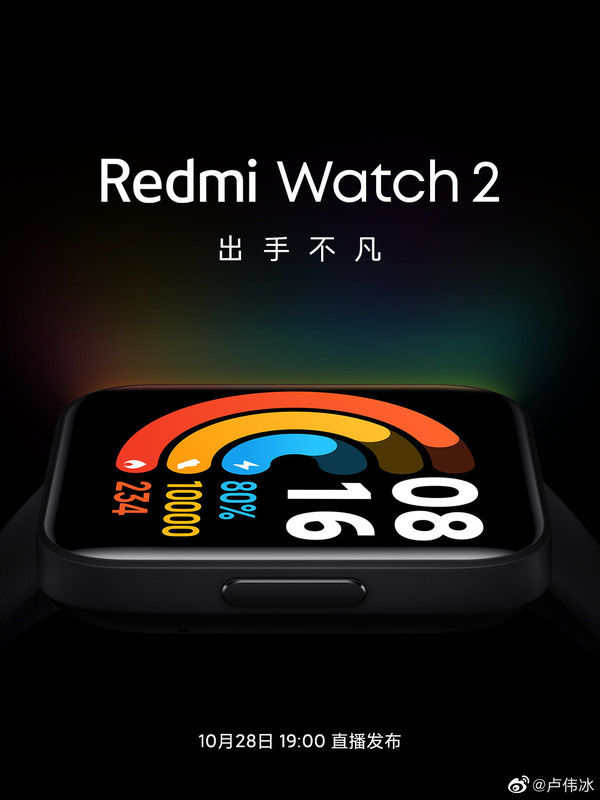Xcode11|Xcode11 AppDelegate结构变化 SceneDelegate分屏
Xcode11创建项目新增了一个SceneDelegate文件,AppDelegate文件结构也发生变化。
在AppDelegate.h文件中没有了window属性,而在sceneDelegate.h中。
可见AppDelegate不管理window而是交给SceneDelegate。
由于这些是ios13新增,所以SceneDelegate在ios13以下的系统是不支持。
所以Xcode11创建的项目要做一下处理:
如果App不需要支持多个scene,同时兼容ios13以下,
1.删除info.plist文件中的Application Scene Manifest的配置数据.
2.在AppDelegate.h中添加window属性.
3.删除UISceneSession的生命周期方法.
通过以上三步之后和以前的使用方式一样。
swift项目同样通过以上三步即可

文章图片
21E137CF-CF26-415B-9197-2656EB915C5E.png 
文章图片
D15EC9B9-6414-4100-B736-CC90B40F77E9.png 
文章图片
DB35D1EF-8A62-440E-A35D-B10E3D46D34E.png 如果需要开启支持多scene
在info.plist文件中找到参数Application Scene Manifest,将 enable Multipe Windows 设置为YES.
AppDelegate.m中多了UISceneSession的生命周期的代理方法
- (UISceneConfiguration *)application:(UIApplication *)application configurationForConnectingSceneSession:(UISceneSession *)connectingSceneSession options:(UISceneConnectionOptions *)options {
// Called when a new scene session is being created.
// Use this method to select a configuration to create the new scene with.
return [[UISceneConfiguration alloc] initWithName:@"Default Configuration" sessionRole:connectingSceneSession.role];
}
- (void)application:(UIApplication *)application didDiscardSceneSessions:(NSSet *)sceneSessions {
// Called when the user discards a scene session.
// If any sessions were discarded while the application was not running, this will be called shortly after application:didFinishLaunchingWithOptions.
// Use this method to release any resources that were specific to the discarded scenes, as they will not return.NSLog(@"%s",__func__);
}
第一个代理根据官方解释:
1.如果没有在APP的Info.plist文件中包含scene的配置数据,或者要动态更改场景配置数据,需要实现此方法。 UIKit会在创建新scene前调用此方法。
新增:
参数options是一个UISceneConnectionOptions类,官方解释:它包含了为什么要创建一个新的scene的信息。根据参数信息判断是否要创建一个新的scene
2.方法会返回一个UISceneConfiguration对象,其中包含场景详细信息,包括要创建的场景类型,用于管理场景的委托对象以及包含要显示的初始视图控制器的情节提要。 如果未实现此方法,则必须在应用程序的Info.plist文件中提供场景配置数据。
总结下:默认在info.plist中进行了配置, 不用实现该方法也没有关系。如果没有配置就需要实现这个方法并返回一个UISceneConfiguration对象。
在上图中配置参数中Application Session Role 是个数组,每一项有三个参数,
Configuration Name: 当前配置的名字
Delegate Class Name: 与哪个Scene代理对象关联,
StoryBoard name: 这个Scene使用的哪个storyboard。
代理方法中调用的是配置名为Default Configuration的Scene,则系统就会自动去调用SceneDelegate这个类。这样SceneDelegate和AppDelegate产生了关联。
第二个代理方法根据官方解释:
在分屏中关闭其中一个或多个scene时候回调用。
【Xcode11|Xcode11 AppDelegate结构变化 SceneDelegate分屏】ios13在SceneDelegate中不使用storyboard创建
- (void)scene:(UIScene *)scene willConnectToSession:(UISceneSession *)session options:(UISceneConnectionOptions *)connectionOptions {
// Use this method to optionally configure and attach the UIWindow `window` to the provided UIWindowScene `scene`.
// If using a storyboard, the `window` property will automatically be initialized and attached to the scene.
// This delegate does not imply the connecting scene or session are new (see `application:configurationForConnectingSceneSession` instead).//在这里手动创建新的window
if (scene) {
UIWindowScene *windowScene = (UIWindowScene *)scene;
self.window = [[UIWindow alloc] initWithWindowScene:windowScene];
self.window.frame = CGRectMake(0, 0, [UIScreen mainScreen].bounds.size.width, [UIScreen mainScreen].bounds.size.height);
self.window.rootViewController = [ViewController new];
[self.window makeKeyAndVisible];
}}
推荐阅读
- 2018-06-13金句系列7(金句结构-改编古现代诗词)
- Java内存泄漏分析系列之二(jstack生成的Thread|Java内存泄漏分析系列之二:jstack生成的Thread Dump日志结构解析)
- ffmpeg源码分析01(结构体)
- 《数据结构与算法之美》——队列
- 什么是张拉膜结构雨棚(有哪些特点?)
- mysql|InnoDB数据页结构
- vuex|vuex 基础结构
- 硬化混凝土气孔结构分析仪(型号(HC-457))
- 构建App(一)(框架与结构)
- 私家车车棚都选择做膜结构车棚的原因竟然是这个!











